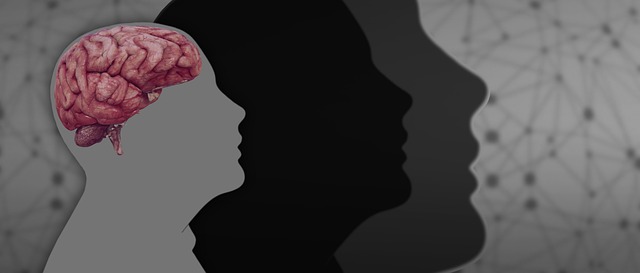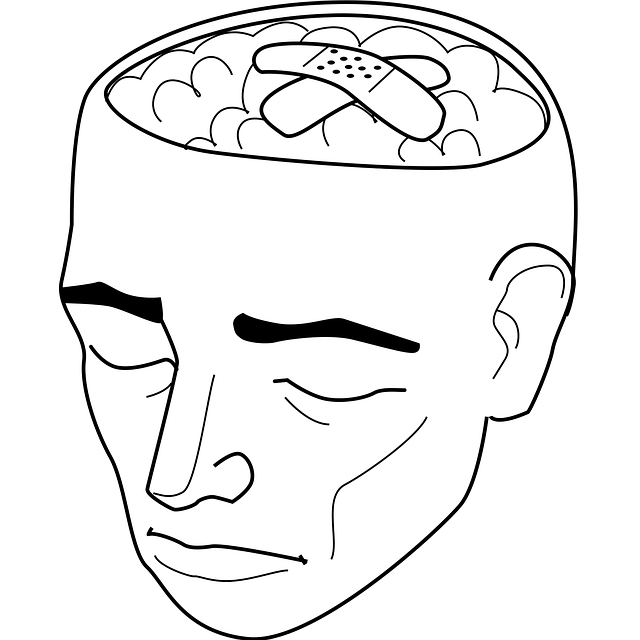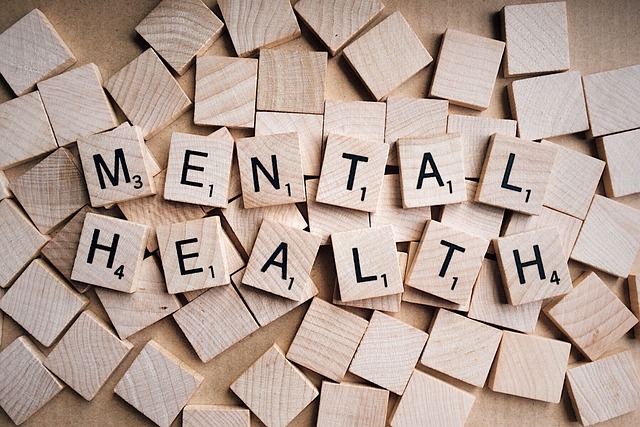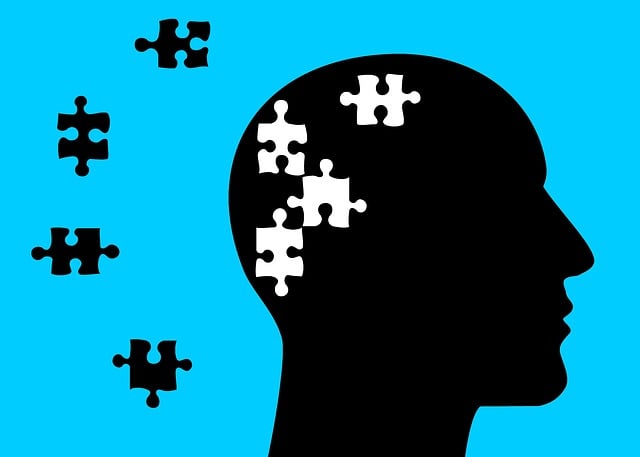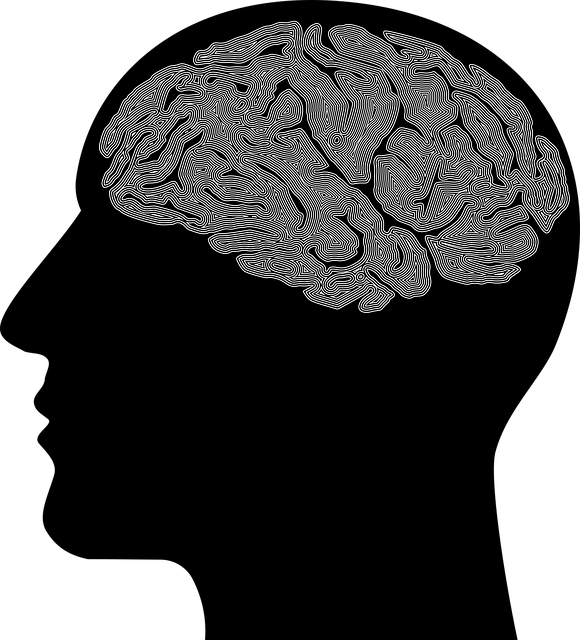Mental wellness self-assessment tools are vital for understanding children's psychological states, guiding therapy, and fostering resilience. These tools, integrating insights from child therapy and psychological testing, identify key areas like anxiety, depression, and trauma resilience through structured assessments. Feedback mechanisms, crisis intervention guidance, and cultural sensitivity enhance their effectiveness, ensuring personalized strategies tailored to individual needs. Accessibility, with multilingual resources and adaptable formats, along with robust data protection, builds trust and supports mental wellness coaching for diverse populations in therapy for children and psychological testing.
Mental wellness self-assessment tools play a pivotal role in enhancing psychological support, especially for children. This article delves into the development of these tools, covering essential aspects from understanding mental wellness assessment to integrating feedback mechanisms. We explore the crucial roles of therapy and psychological testing in child development, identifying key areas for comprehensive assessment. Furthermore, we emphasize the need for accessibility, cultural sensitivity, and confidentiality in these tools, ensuring they serve diverse populations effectively.
- Understanding Mental Wellness Self-Assessment: A Cornerstone for Psychological Support
- The Role of Therapy in Child Development and Psychological Testing
- Identifying Key Areas: Creating Comprehensive Assessment Tools
- Integrating Feedback Mechanisms to Enhance Tool Effectiveness
- Ensuring Accessibility, Cultural Sensitivity, and Confidentiality
Understanding Mental Wellness Self-Assessment: A Cornerstone for Psychological Support

Mental wellness self-assessment tools play a pivotal role in providing individuals with an initial understanding of their psychological state and well-being. These assessments serve as a cornerstone for seeking appropriate psychological support, especially when tailored for specific populations like children. By offering insights into areas such as emotional regulation, stress management, and coping mechanisms, self-assessments empower individuals to take charge of their mental health.
In the context of therapy for children, these tools can be particularly effective in gauging their emotional landscapes and fostering early interventions. Integrating compassion cultivation practices and encouraging a proactive self-care routine development for better mental health is often facilitated through such assessments. Mind over matter principles, when coupled with accurate self-assessment data, enable professionals to design personalized strategies that address unique challenges, thereby enhancing the overall well-being of children and young adults.
The Role of Therapy in Child Development and Psychological Testing

Therapy plays a pivotal role in child development, offering a safe space for young minds to explore and express their thoughts and emotions. Through various therapeutic techniques, professionals can help children navigate challenges, foster healthy coping mechanisms, and build resilience. Psychological testing complements this process by providing structured assessments that offer insights into a child’s cognitive, emotional, and behavioral functioning. These evaluations aid in identifying strengths, weaknesses, and areas of concern, allowing therapists to tailor their approaches for optimal growth.
Incorporating therapy for children goes beyond addressing immediate issues; it contributes to long-term mental health education programs design. By nurturing inner strength development and self-esteem improvement, therapy equips kids with essential life skills. This proactive approach empowers them to face future challenges head-on, fostering a sense of well-being that extends into their adult lives.
Identifying Key Areas: Creating Comprehensive Assessment Tools

Identifying Key Areas is a crucial step in developing effective self-assessment tools for mental wellness. These tools aim to encompass various aspects of an individual’s psychological well-being, especially when tailored for sensitive populations like children. By incorporating insights from therapy for children and psychological testing, assessment instruments can effectively capture emotional states, behavioral patterns, and cognitive functions. This involves considering specific domains such as anxiety, depression, social skills, and trauma resilience, ensuring a holistic understanding of mental health status.
Comprehensive assessment tools should also reflect cultural sensitivity in mental healthcare practice, acknowledging the impact of diverse backgrounds on psychological experiences. Incorporating strategies like mindfulness meditation can further enhance these tools’ effectiveness, promoting self-awareness and emotional regulation. Trauma support services are another vital component, ensuring that any assessment is sensitive to potential traumatic experiences and provides appropriate avenues for support and intervention when needed.
Integrating Feedback Mechanisms to Enhance Tool Effectiveness

Integrating feedback mechanisms is a powerful strategy to enhance the effectiveness of mental wellness self-assessment tools, especially when tailored for children. These mechanisms allow for continuous improvement by incorporating insights from both users and professionals, such as therapists. By enabling users to provide feedback on their experience, the tool can adapt to individual needs, ensuring it remains relevant and beneficial over time. For instance, including a section for comments or suggestions after each assessment can offer valuable context, helping developers refine the content and questions.
In the context of therapy for children, this feedback loop becomes even more critical. Incorporating crisis intervention guidance within the tool allows for immediate support when needed, while cultural sensitivity in mental healthcare practice ensures that the assessment remains inclusive and respectful of diverse backgrounds. Empathy-building strategies can also be integrated, promoting a safe and understanding environment for young users to express their thoughts and feelings honestly, thereby improving data accuracy and the overall therapeutic process.
Ensuring Accessibility, Cultural Sensitivity, and Confidentiality

When developing mental wellness self-assessment tools, it’s paramount to prioritize accessibility to ensure that individuals from diverse backgrounds can utilize them effectively. This involves creating resources available in multiple languages and formats, such as audio or video, to cater to those with visual or auditory impairments. Moreover, incorporating user-friendly interfaces and clear language is essential for people with varying levels of literacy and technological proficiency.
Cultural sensitivity is another critical aspect that must be addressed. The tools should respect and incorporate cultural nuances, avoiding assumptions or stereotypes that may undermine their effectiveness across diverse populations. For instance, integrating cultural references and perspectives in the assessment process can foster higher engagement and accurate results. Additionally, ensuring confidentiality is paramount, especially when dealing with sensitive topics like therapy for children or psychological testing. Robust data protection measures, such as encryption and secure storage, are necessary to safeguard individuals’ personal information and promote trust in these initiatives, complementing the development of burnout prevention strategies for healthcare providers and mental wellness coaching programs.
Mental wellness self-assessment tools play a pivotal role in providing psychological support by offering individuals a means to understand their mental health. By integrating key aspects such as comprehensive assessment, effective feedback mechanisms, and considerations of accessibility, cultural sensitivity, and confidentiality, these tools can significantly enhance the availability and quality of therapy for children, complementing traditional psychological testing methods. This approach ensures that folks from diverse backgrounds receive tailored support, fostering a more inclusive and effective mental health landscape.
